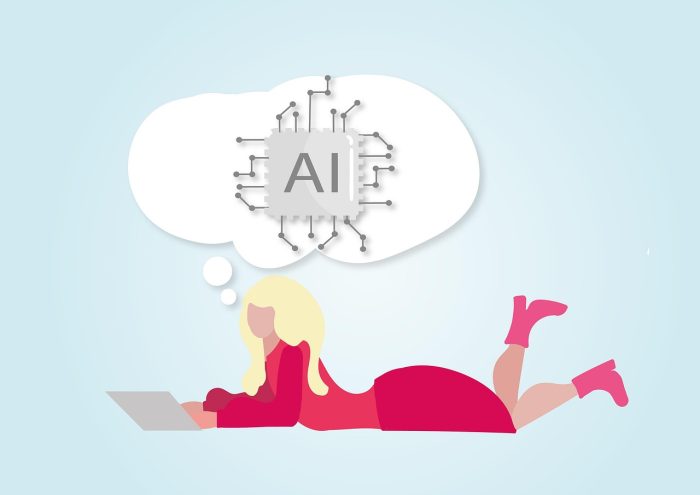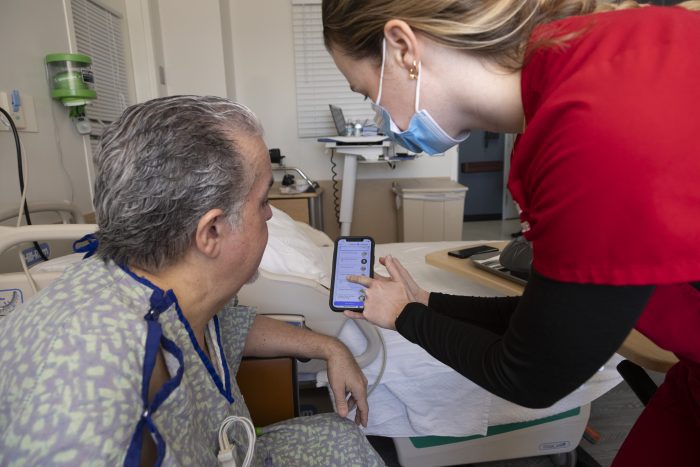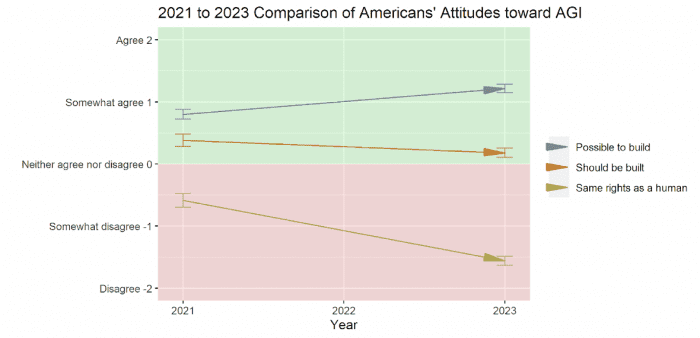By Daniel Dunaief
Lav Varshney has made significant contributions to everything from public policy as a White House Fellow to generating new recipes through the Chef Watson system he helped build at IBM to working at businesses he helped create.

The inaugural director of the Artificial Intelligence Innovation Institute, or AI3, Varshney will arrive at Stony Brook University in August from the University of Illinois Urbana-Champaign, where he has been a faculty member in the Department of Electrical and Computer Engineering.
Varshney “has an international profile” and is at the “center of what’s happening at a political and legislative level,” said SBU Provost Carl Lejuez in an interview.
Varshney’s mandate includes building research hubs, supporting mentorships and having an impact on the community as a part of Stony Brook’s downstate flagship status.
“There are a lot of ways where people at Stony Brook and in the community are going to be able to participate” in the use of artificial intelligence, said Lejuez.
Among numerous other opportunities, Varshney, who will report to Lejuez, will work with Vice Provost for Academic Affairs Amy Cook to build on the ways the university is using AI in the curriculum.
“We’re supporting an infusion” of AI into classrooms, Lejuez continued.
At this point, AI3 is funded with $10 million over the first five years, with some additional financial support to build out his own research interests.
“Our funding is meant to be a seed over these five years,” said Lejuez. AI3 has a “real capacity to grow and bring in significant funding on its own.”
Stony Brook will also continue to benefit from its role in Empire AI, which is a combination of schools supported by Gov. Kathy Hochul (D), with financial backing from the Simons Foundation. Empire AI involves a consortium of public and private institutions, including the University of Buffalo, Binghampton University and the University at Albany, among others.
SBU appeal
Varshney believes Stony Brook’s growth and commitment to AI are on a “very upward trajectory,” he said. “There are a lot of interesting initiatives and the new institute will hopefully bring them together.”
He hopes to collaborate with members of the campus from medicine, the arts and sciences, engineering, business, and atmospheric sciences to develop AI-driven solutions that have a positive impact on society.

Varshney explained that it’s clear AI is a general-purpose technology.
“We need to work to make sure it quickly diffuses to nearly all society/ industrial/ scholarly sectors to have appropriate impact,” he explained.
From his position on Long Island, where he will also continue to work with Brookhaven National Laboratory on projects including in quantum information science, Varshney plans to continue to work on AI policy and how to make it safe, secure, accessible and adaptable to people’s needs.
The new inaugural head of AI3 encourages members of the community to work with Stony Brook, engaging with the institute and faculty.
“One of the main goals of AI3 is to get AI out into the world where appropriate, so [I] would very much welcome the community and local industry to engage with AI3 so we can learn what could be helpful,” Varshney said.
He plans to listen to faculty, students and community members to learn what could be helpful.
Borrowing from ‘Ironman’
Varshney recognizes that most people struggle to wade through information overload.
“Rather than a scarcity of information, [people have] too much,” he said. “One of the things I’m hoping we can make progress on” is the use of an AI filter to find and share what’s relevant.
Generative AI, in which a computer system “learns” from patterns and combinations of information, can help. Borrowing from the computer helper in Marvel’s Ironman franchise, Varshney suggested a “Jarvis-like assistant that can give you the right information when you need it.”
Varshney recognizes that governments might use information filters to create surveillance or information manipulation.
Varied backgrounds
As an AI expert, Varshney has worked to support government efforts and initiatives, in a corporate setting and for academic institutions.
He contributed to the executive order on AI that President Joe Biden signed at the end of October 2023.
He also co-founded Kocree with former graduate student Haizi Yu. The company uses artificial intelligence to allow users to cut melodies, rhythms and arrangements from music to create novel pieces.
He used the platform to create music for his sister-in-law’s wedding that combined the backgrounds and interests of the two families.
Born in Syracuse, New York, Varshney traces his roots to India. His great, great grandfather on his mother’s side, Ishwar Varshnei left India in 1904 and studied for a year as a special student in Chemical Engineering at the Massachusetts Institute of Technology.
Varshnei took a boat from Japan, a train from San Francisco, traveled through St. Louis where he saw the World’s Fair, and ended up in Boston, where he was the second Indian to attend MIT.
After Varshnei returned to India, he became involved in early efforts in glassmaking, applying the science he learned to society.
Also eager to contribute science to society, Varshney is moving from Illinois with his wife Nina Kshetry, whom he describes as “professionally more accomplished than I am.” Kshetry is the founder and president of Ensaras Inc., which specializes in advanced analytics and artificial intelligence solutions for optimizing wastewater plant operations. She is also the co-founder and VP of Circle H20, which is a company that builds waste-to-value and wastewater treatment plants.
Kshetry plans to engage with Stony Brook through the innovation and entrepreneurship ecosystem as well as with the Department of Civil Engineering/ School of Marine and Atmospheric Sciences.
Impressed with all the ways Varshney has deployed AI, Lejuez hopes to provide ongoing support for the new director’s many interests.
“When someone has proven that they can juggle a lot of things at once, I’m going to help continue to make sure they have what they need,” Lejuez said.
















